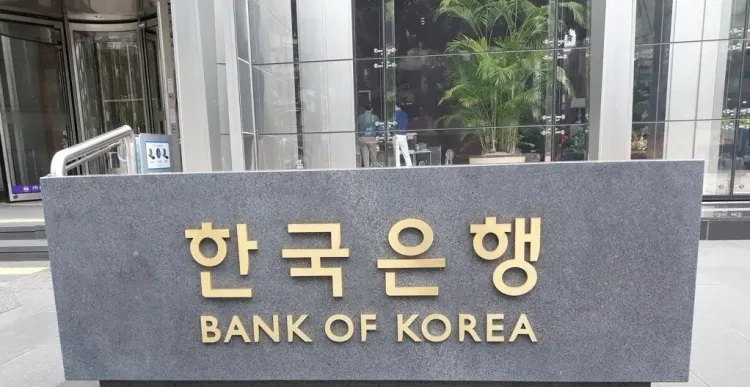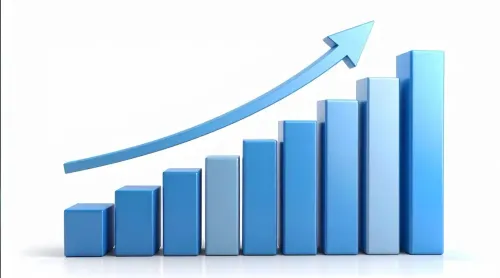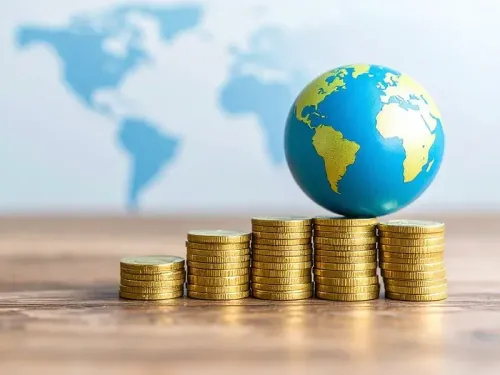Is Consumer Sentiment in South Korea Reaching New Heights?

Synopsis
Key Takeaways
- Consumer sentiment in South Korea has reached an eight-year high.
- The composite consumer sentiment index rose to 112.4 in November.
- Factors include a U.S. tariff agreement and strong economic growth.
- A reading above 100 indicates more optimism than pessimism.
- GDP grew by 1.2%, surpassing expectations.
Seoul, Nov 25 (NationPress) South Korea's consumer sentiment has surged to an eight-year peak in November, driven by the nation's tariff deal with the United States and stronger-than-anticipated quarterly economic growth, as reported by the central bank on Tuesday.
The composite consumer sentiment index (CCSI) rose to 112.4 this month, reflecting an increase of 2.6 points from October, according to a survey conducted by the Bank of Korea (BOK), as detailed by Yonhap news agency.
This marks the highest level since November 2017 and represents the first increase in three months.
The index had experienced five consecutive months of growth until August, supported by robust exports and positive sentiment regarding the government's supplementary budget. However, it saw a decline over the subsequent two months as concerns emerged regarding a potential slowdown in exports due to the U.S. tariff policies and a downturn in the construction sector.
A reading above 100 indicates that those with a positive outlook outnumber those with a negative view, while a figure below 100 suggests the reverse.
"The growth was primarily due to the tariff agreement with the U.S. and the third-quarter GDP growth exceeding expectations," stated a BOK official.
After prolonged discussions concerning the aggressive tariff strategies of the Trump administration, Seoul and Washington finalized a deal and published a joint fact sheet earlier this month, detailing South Korea's US$350 billion investment plans in the U.S., in return for a reduction of U.S. tariffs from 25 percent to 15 percent.
During the July-September period, real gross domestic product (GDP), a vital indicator of economic growth, increased by 1.2 percent compared to the previous quarter, marking the fastest quarterly growth since the first quarter of 2024, according to BOK data.
This also surpassed the BOK's forecast of a 1.1 percent increase, as reported.









